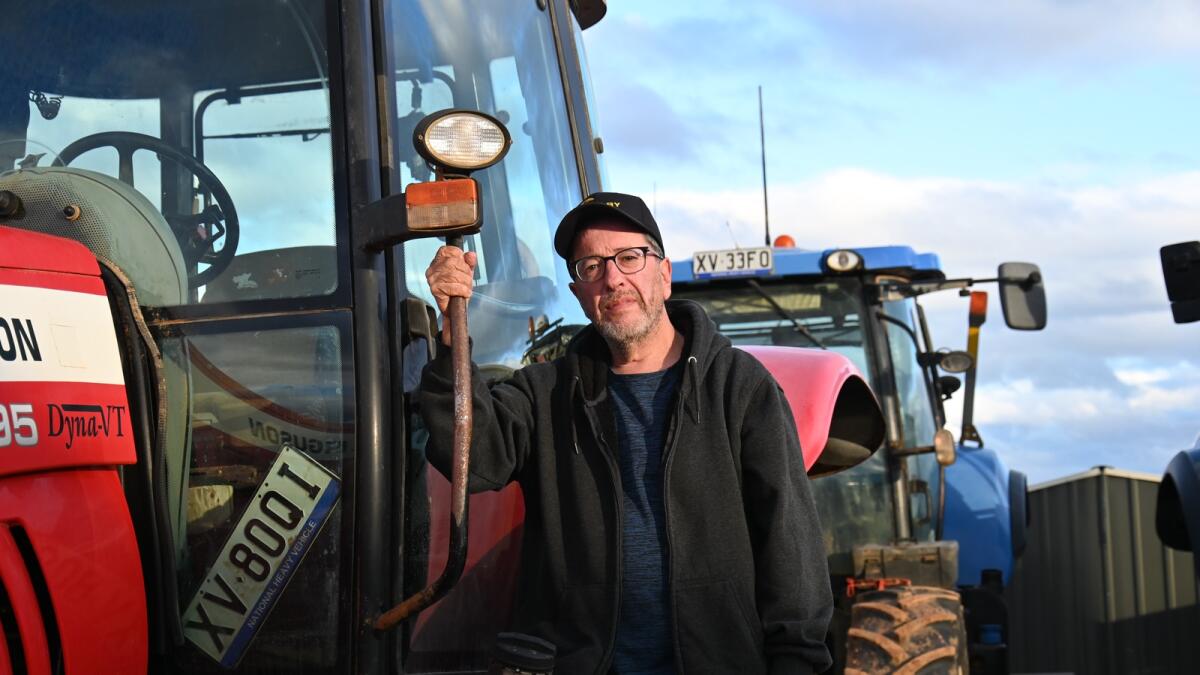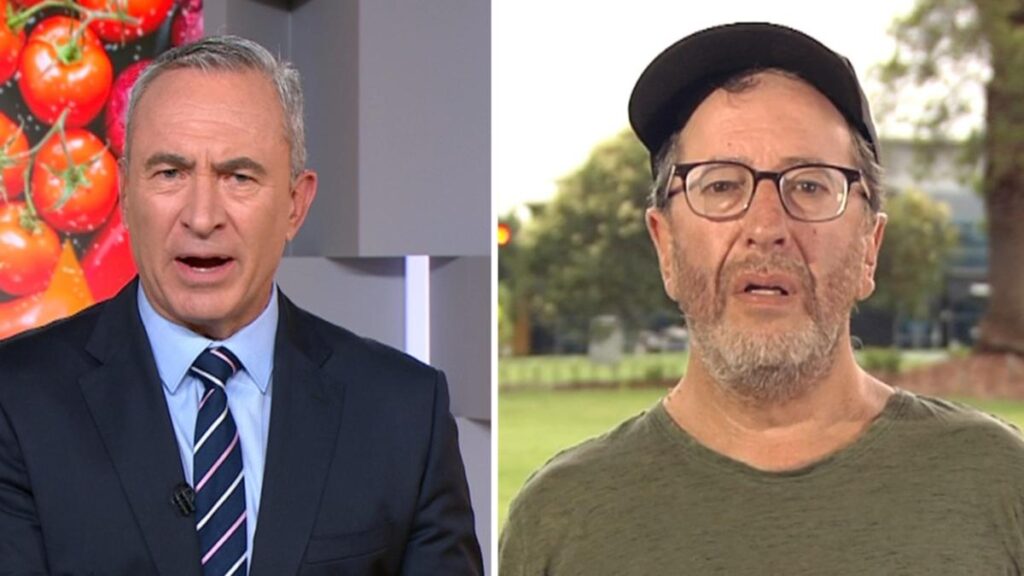Meet Ross Marsolino, a farmer from northern Victoria who’s been feeding Aussie families with his fresh produce for over 40 years. But, as of 2024, he’s had enough.
The rising gap between what he’s paid for his produce and what it sells for at the supermarket has become too much to bear.
The Struggle is Real: Farmers vs Supermarkets
Mr. Marsolino’s situation is not unique. Many farmers are feeling the pinch, with some even considering leaving the industry altogether.
In fact, a whopping 34% of vegetable growers are thinking of throwing in the towel in the next 12 months.

The main culprit? The huge discrepancy between farmgate prices and what supermarkets charge consumers.
The Numbers Don’t Lie
Take Mr. Marsolino’s example. He was paid just $1.60 per kilogram for his produce, which then sells for $4.99 per kilogram at the supermarket.
That’s a massive markup, and one that’s becoming increasingly unsustainable for farmers.
As a result, Mr. Marsolino has stopped growing fruit and vegetables and now employs just two people to grow lucerne pasture for horse feed.
A Complex Issue with No Easy Solution
The Australian Competition and Consumer Commission (ACCC) has been investigating the supermarket industry, and the issue of farmgate prices has been a major focus.
Assistant Minister for Competition, Andrew Leigh, says the new mandatory Food and Grocery Code of Conduct will help address the power imbalance between supermarkets and farmers. But, is it enough?
What’s Being Done to Help Farmers?
The new code, which comes into effect in April, includes penalties for supermarkets that undercut farmers. These penalties could be as high as $10 million, three times the value of the benefit gained, or 10% of turnover.
But, some argue that more needs to be done to support farmers. Nationals leader and shadow agriculture minister, David Littleproud, is calling for fair and transparent prices, as well as greater penalties and a supermarket commissioner to oversee the industry.
Supermarkets Respond
Coles and Woolworths have both denied any wrongdoing, stating that they work closely with their suppliers to set fair and competitive market prices.
However, farmers like Mr. Marsolino remain skeptical, and it’s clear that more needs to be done to address the issue.
What Can You Do to Help?
As a consumer, you have the power to make a difference. By choosing to buy from local farmers and supporting those who are fighting for fair prices, you can help create a more sustainable and equitable food system.
So, next time you’re at the supermarket, take a closer look at the prices and think about the farmers who are working hard to put food on your table.

